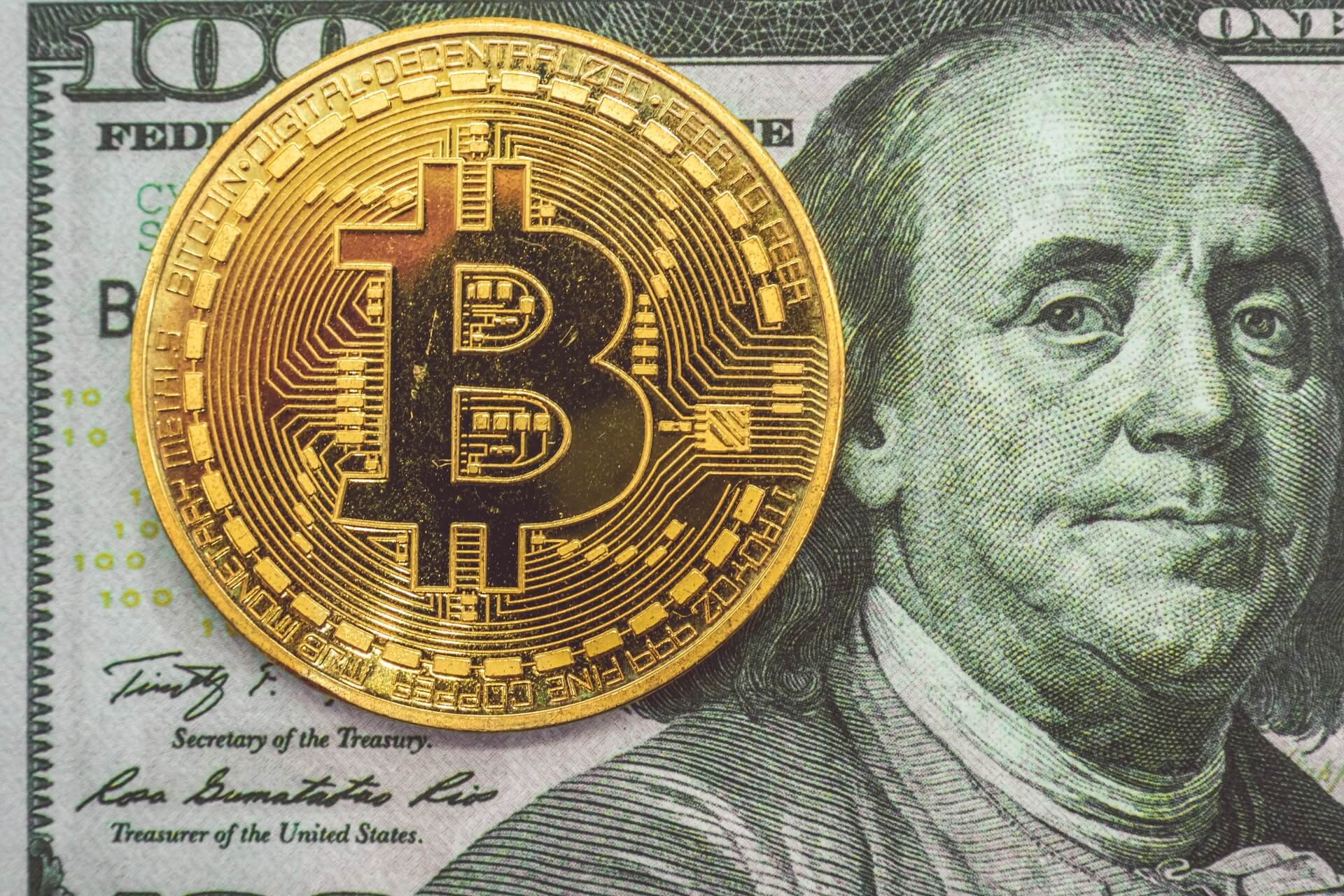Here Come the NFT Restaurants…
by David Klemt

It was inevitable, really, that after seeing cryptocurrency nightclubs we’d eventually see non-fungible-token-focused venues.
Not too long, in fact, a crypto nightclub set up shot in an ultra-lounge inside a Las Vegas casino. Members had access to a VIP section inside the venue provided they had minimum amounts of certain coins.
Bottles were popped, Instagram models made appearances, and the crypto contingent were given the VIP treatment.
Other such venues are in operation. However, the “new thing” leveraging the proliferation of the blockchain is the NFT restaurant.
Interestingly, two such restaurants are set to open in the US in two major markets. One is New York City, the other Los Angeles.
What’s an NFT?
Okay, bear with me here. I’m not an NFT expert, nor do I own an NFT. So, I’ll do my best to make this as simple as possible.
First off, the acronym NFT stands for “non-fungible token.”
Second, an NFT is a digital asset—quite often artwork—bought and sold online. Quite commonly, these assets are purchased with cryptocurrency. In fact, many sellers won’t accept any other form of payment for an NFT.
Their ownership is recorded, just like cryptocurrency, on the blockchain. It’s important to know that the purchase of an NFT doesn’t necessarily come with licensing rights, but that’s another issue entirely. So, yes, there are people who “own” an NFT but don’t actually own the rights to do much with it.
For now, what’s important to know is that NFTs are exclusive, unique digital assets. Oh, and the market (industry?), as of 2021, was worth a reported $41 billion. Not entirely surprising when one considers that a single NFT once sold for almost $92 million.
What’s an NFT Restaurant?
It is, perhaps, more accurate to refer to these hospitality venues as NFT clubs. Yes, there’s a restaurant component, but the main draw is a membership.
In New York City, for one example, the NFT is the membership. The planned venue is Flyfish Club by VCR Group, and it’s billed as “the world’s first member’s only private dining club.”
What does a Flyfish NFT membership get you? Well, the space isn’t open yet. However, the following benefits are expected:
- Unlimited access to a 10,000-square-foot dining room.
- Exclusive culinary, social, and cultural experiences.
- An “iconic, New York City location” for the dining room, cocktail lounge, omakase room, and outdoor area.
It’s rumored that—dependent on crypto exchange rates, of course—the Flyfish membership will cost around $13,000.
On the other side of the country is another NFT membership. This concept comes from SHŌ Group and is slated to debut in 2023 on top of the Salesforce Transit Center.
Unfortunately, there isn’t any pricing information available (publicly) just yet for SHŌ Club. However, three tiers of membership have been revealed:
- Earth: The lowest tier.
- Water: The “core” membership.
- Fire: Offers “ownership-like benefits.”
Per SHŌ, these memberships are not only verifiable via the blockchain, members will be able to sell or transfer their ownership of a membership.
If you’re curious about costs and a full breakdown of SHŌ Club benefits, you can sign up for notifications here.
Niche Concepts
Honestly, what else can we categorize these venues as besides “niche”? While both venues’ operations would likely be familiar to any hospitality professional, the NFT element certainly designates them as highly specialized.
Now, that’s not necessarily a bad thing. “Niche” isn’t inherently negative. In fact, identifying and servicing an underserved niche can be incredibly lucrative for any entrepreneur.
Indeed, the locations of Flyfish and SHŌ Club are telling. NYC is often labeled the finance capital of the world. And, of course, San Francisco is home to Silicon Valley, the tech capital of the world.
Obviously, many who work in finance and tech live in NYC and San Francisco. So, it makes sense that they’d be interested in these memberships and, as importantly, can afford them.
Clearly, VCR and SHŌ are targeting a group with a shared niche interest, and they’re doing so with upscale venues and experiences. Should these concepts come to life and their experiences live up to member expectations, they’ll have hit a homerun.
As an operator, you may not be interested in targeting the cryptocurrency or NFT crowd. However, the ubiquity of subscriptions in our lives may motivate you to consider a membership program.
If so, remember to offer value, avoid alienating non-members, and offer benefits authentic to the business.

